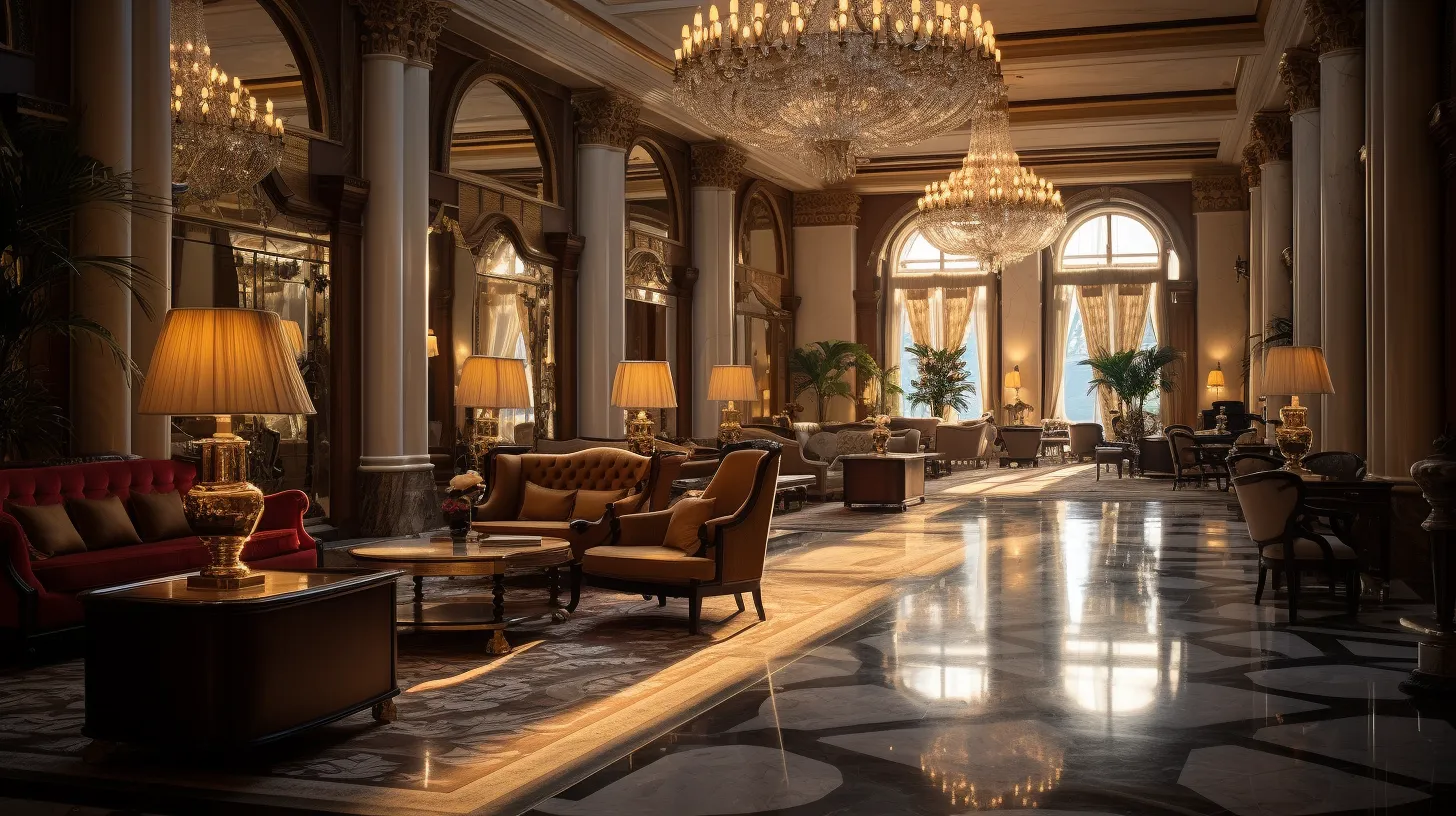Haitian celebrations are deeply rooted in vibrant traditions that reflect the country’s rich cultural heritage. From the engaging storytelling tradition of Krik-Krak to the communal spirit of Konbit and Lakou, these celebrations are steeped in meaning and history.
Spiritual practices like Vodou and festive events such as Fèt Gede, Rara, and Carnival are intertwined with these traditions. Haitians express their joy through music, dance, and culinary delights, creating a tapestry of celebration that is deeply embedded in their identity.
This diverse tapestry of traditions and celebrations offers a glimpse into the soul of Haiti and the resilience of its people.
Carnival Celebrations
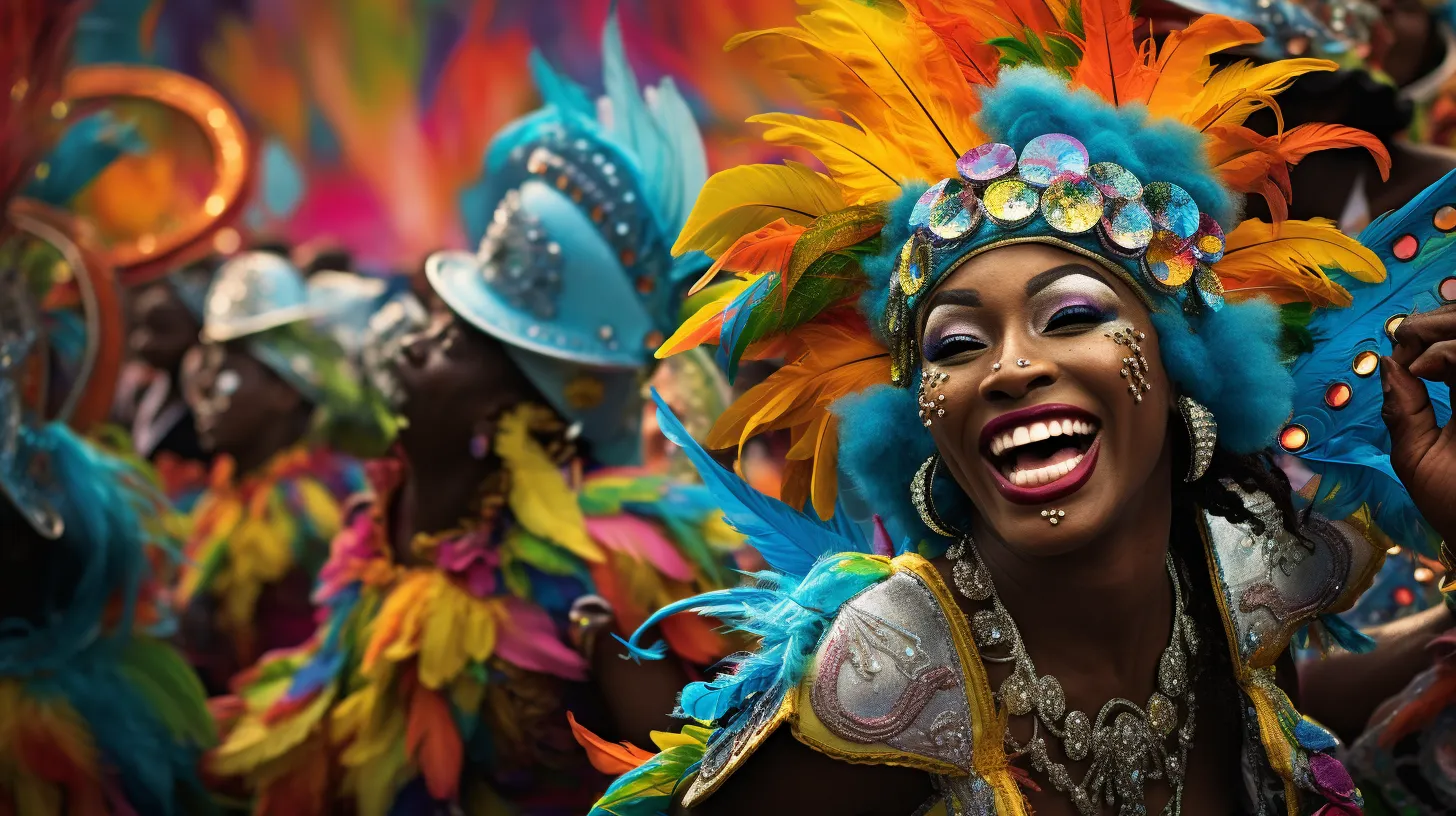
Haitians celebrate Carnival with exuberant and colorful festivities, featuring vibrant parades, music, and dancing that showcase the country’s rich cultural identity. The Carnival, which typically begins in February, is a time of immense joy and celebration.
The streets come alive with the sounds of traditional Haitian songs performed by local musicians, and people of all ages come together to enjoy the lively and spirited atmosphere. Military processions also play a significant role in the Carnival celebrations, reflecting Haiti’s history and heritage.
The festivities also coincide with Ancestry Day and Independence Day, adding a deeper layer of significance to the celebrations. One of the most traditional aspects of the Carnival is the consumption of Soup Joumou, a delicious pumpkin soup that holds historical significance for Haitians.
This cultural extravaganza truly embodies the spirit and unity of the Haitian people.
Religious Observances
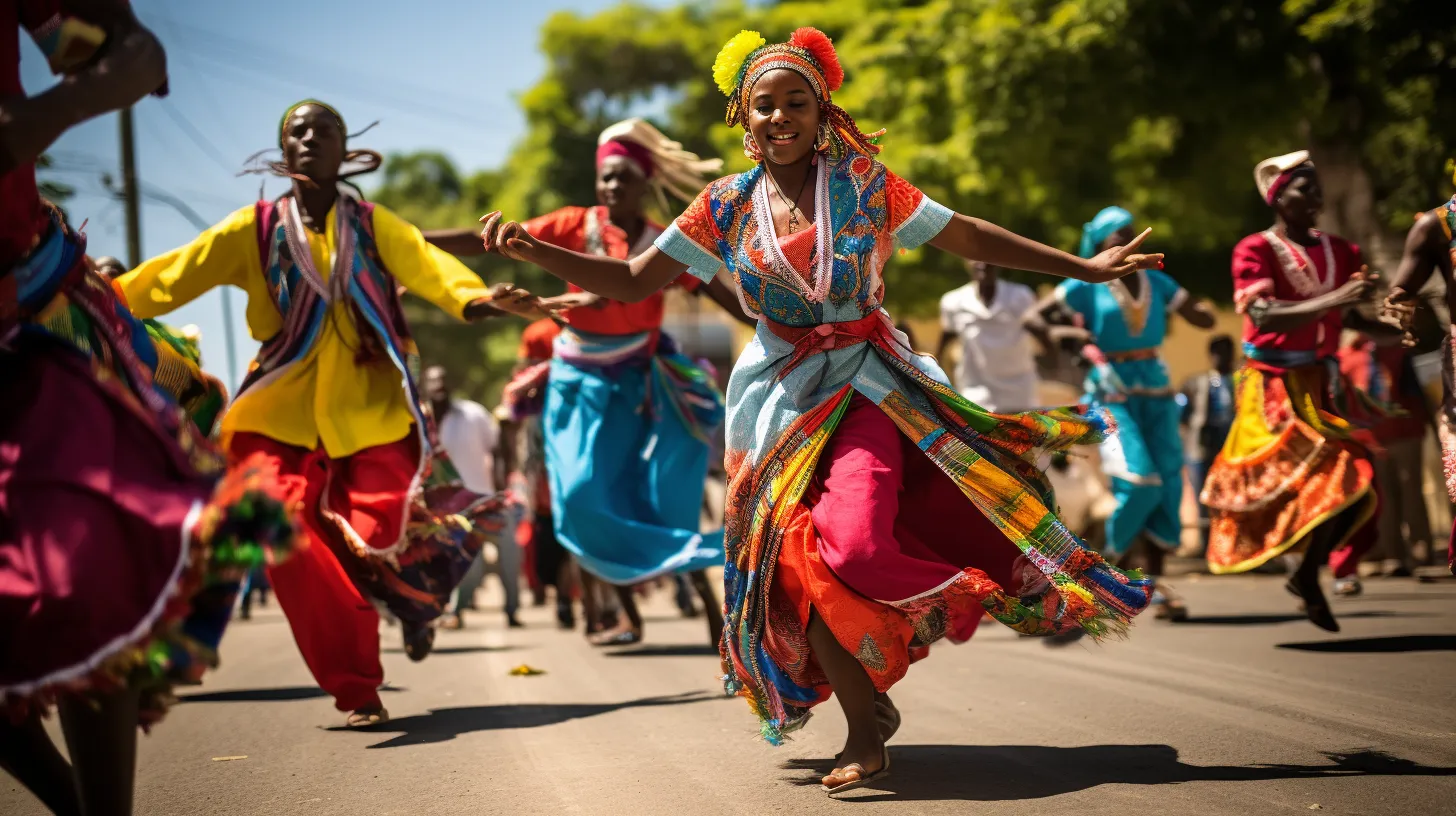
Religious observances in Haiti play a central role in the cultural and spiritual life of the nation, encompassing a diverse range of traditions and practices.
New Year’s Day and Independence Day are celebrated with religious fervor, blending Christian and Vodou traditions. The annual Carnival, a vibrant display of music, dance, and colorful costumes, often incorporates religious themes and symbols.
Patron Saints are honored throughout the year, with each community celebrating its own saint with feasts and processions. The Day of the Dead, influenced by Vodou beliefs, is a month-long event known as Fèt Gede, where ceremonies and rituals are performed to honor deceased ancestors.
Other significant religious observances include Bawon Samdi, Good Friday, and Ash Wednesday. Additionally, Jean-Jacques Dessalines, a key figure in Haiti’s independence, is commemorated with religious ceremonies and processions.
Traditional Folk Festivals

During traditional folk festivals in Haiti, communities come together to celebrate their cultural heritage and ancestral traditions. These festivals are integral to Haitian culture, with music playing a central role. Songs are always performed, reflecting the rich history and traditions of the Haitian people.
One of the most famous traditional folk festivals is Carnival, which is celebrated in various towns and cities across Haiti. This vibrant event features colorful parades, music, dancing, and elaborate costumes, reminiscent of Mardi Gras. Carnival isn’t only a time for revelry but also serves as a cultural celebration, honoring Haiti’s independence from France.
Additionally, other special occasions such as Rara and Fèt Gede showcase native instruments and ceremonies, paying homage to Afro-Haitian ancestry while creating an atmosphere filled with excitement and mysticism.
These traditional folk festivals serve as a testament to the rich and diverse cultural tapestry of Haiti.
Music and Dance Events
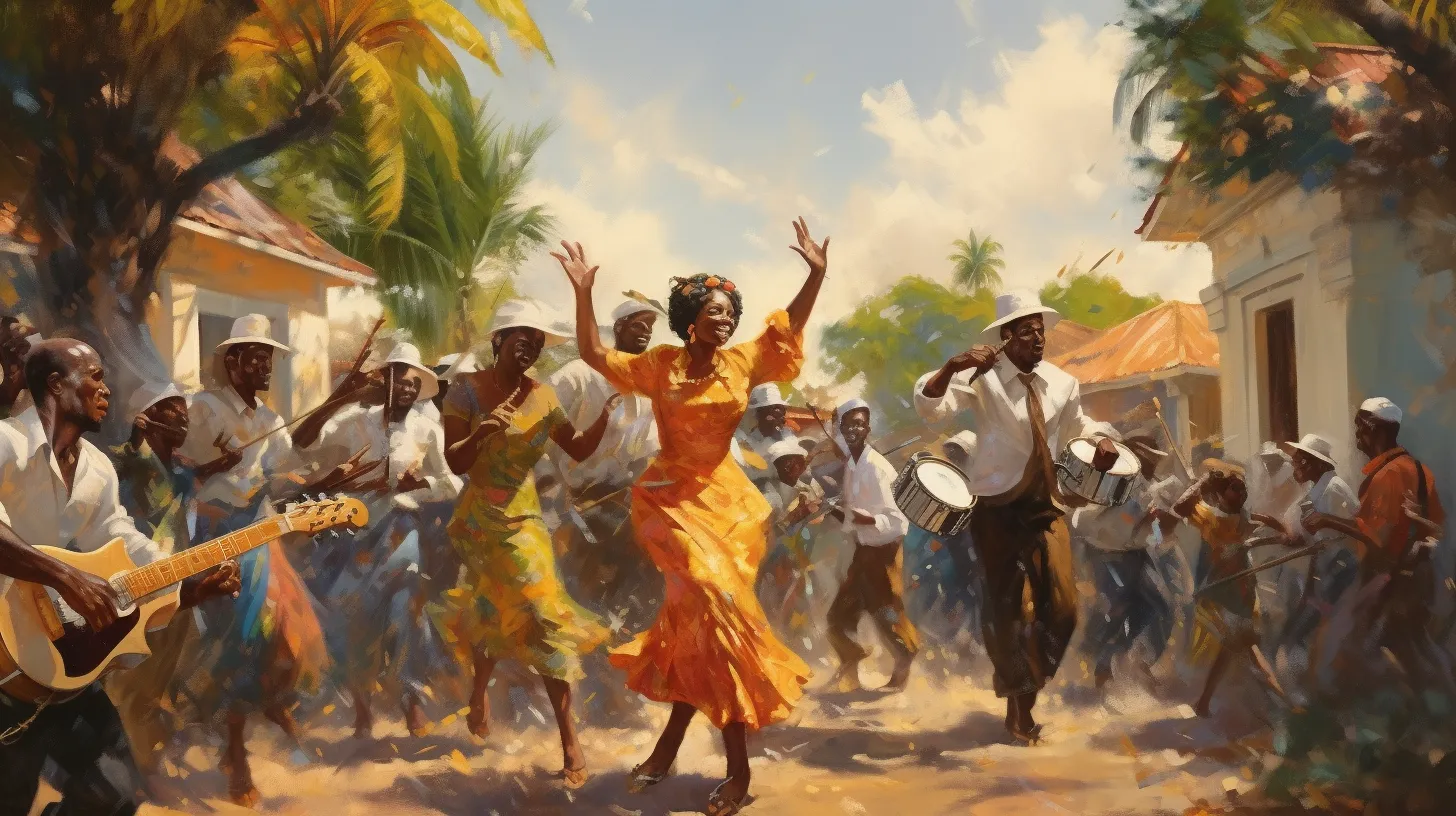
Music and dance events in Haiti play a central role in traditional folk festivals, reflecting the rich history and vibrant cultural heritage of the Haitian people. Haitians enjoy these events every year, with thousands of people gathering around to celebrate.
Rara, a joyous tradition in Haiti, involves groups marching along the streets, playing instruments and performing songs during pre-Carnaval weekends and Easter. This lively event features bamboo trumpets and is always performed in Haitian.
Additionally, the vibrant Carnival in Haiti is celebrated with colorful parades, music, and dancing. The famous Haitian tradition of Lansèt Kòd takes place during the Carnival period, where men wear bull horns and offer a memorable performance.
Furthermore, Rasin, a music genre, combines traditional Haitian rhythms with elements of reggae and jazz, often carrying social and political messages.
Culinary and Food Traditions
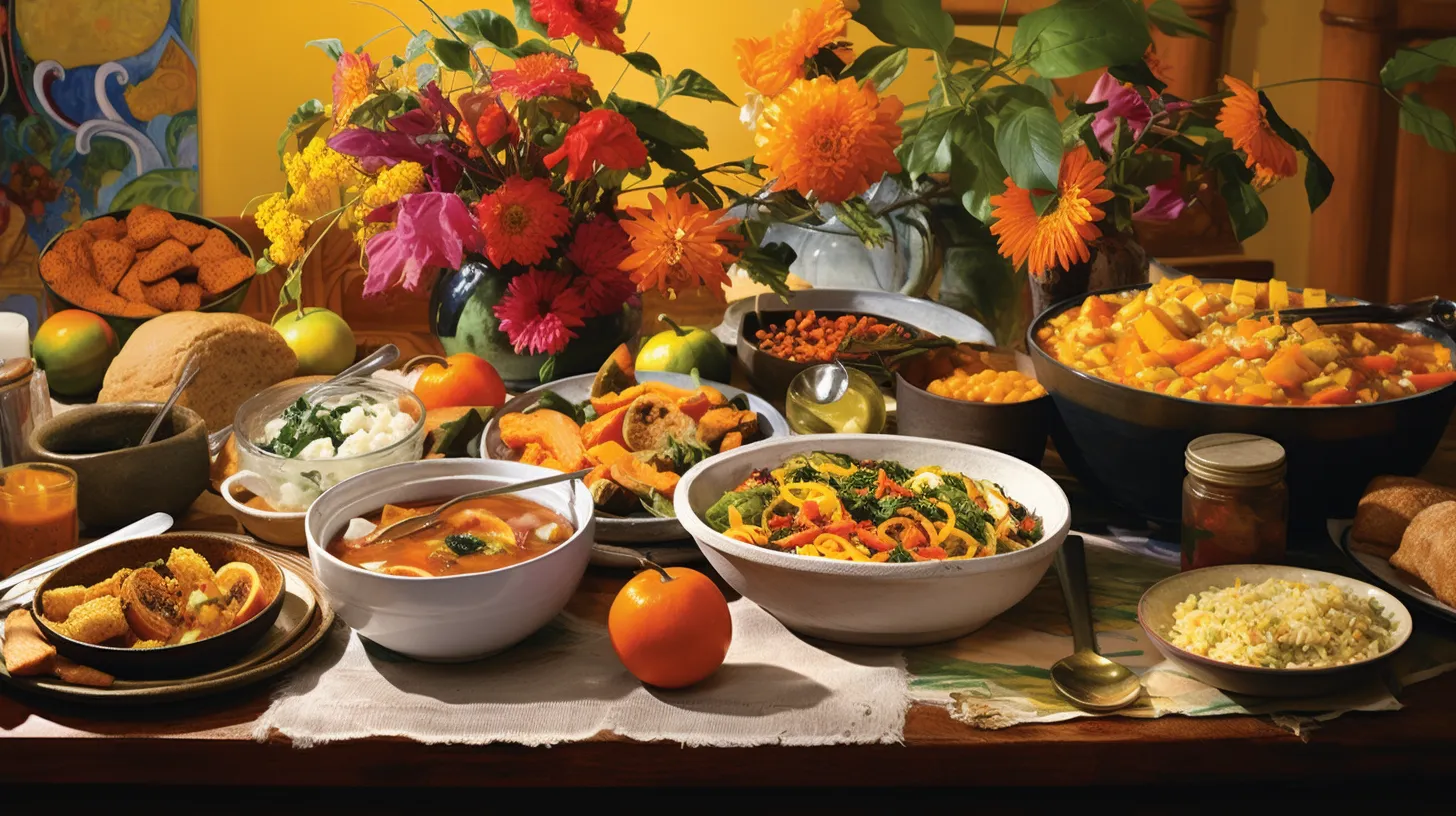
Haitians celebrate their rich cultural heritage through culinary and food traditions that reflect a blend of African, French, and indigenous flavors and techniques. The majority of Haitians incorporate traditional dishes into their daily lives, with rice and beans being a staple.
Haitian women play a central role in preserving and passing down culinary traditions, often gathering with friends to prepare meals. In Haitian culture, food holds significant importance in social gatherings, where friends gather to enjoy traditional dishes and celebrate special occasions.
Children receive valuable lessons in cooking and food preparation, learning the art of Haitian cuisine from a young age. Additionally, Haitian Creole is often used in the kitchen, adding a linguistic element to the culinary experience.

